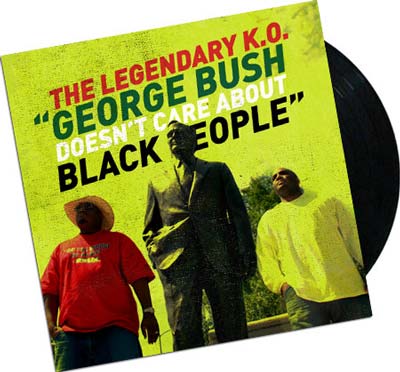Given that Being Poor has been critiqued by those who feel as though American poverty is nothing compared with elsewhere (including a fabulous re-telling from and Indian perspective), i feel the need to explain why Scalzi’s article is important. Even though we tend to demarcate poverty in terms of material good (including the necessities like food), the lack of and struggle for material items is only a fraction of the story of poverty. The more significant issue has to do with social status and the resultant impact on mental health, ability to contribute to society, and ability to provide for one’s family in terms of social status. Poverty is a relative thing. While a car is a luxury in some parts of the world, in rural America, it is your ticket to work and thus you are a complete outcast without one because you are seen as unable/unwilling to contribute to society. Poverty must not be measured globally, but instead measured relative to the local culture in which one exists; the impact of perceived poverty on social status and mental health happens locally. This is why we talk about SOCIO-economic class, not simply economic class.
Being poor is knowing you’re always under a microscope: Human Services, Housing Assistance, Social Security…but also, your friends, your family, and strangers who seem to think you’re lazy, unmotivated, or stupid for being in the situation you’re in.
One of the ways you can see poverty is through the lens of what people do when they are desperate. Take domestic violence. This is an act of power that is executed usually out of a need for control when everything else seems so out of control. It should not surprise anyone that rates of domestic violence are very much correlated with socio-economic class. (Yes, domestic violence and rape exist amongst the rich but they are much more prevalent amongst the poor not because the poor are worse people but because their state of desperation makes them more likely to resort to horrific acts to gain control.) What this means is that in any given society, domestic violence is over-represented amongst the locally constrained poor, regardless of global measures. This is true for all sorts of behaviors that come out when people are desperate – theft, drug abuse, violent acts, etc.
One of the dangers of a global society is that you actually magnify the emotional impact and social experience of being poor. While poverty is primarily a locally relevant experience, as you start to participate globally, the understanding of where you sit globally starts to emerge. Given India’s increased participation in global economics and, in particular, the outsourcing structure, i suspect that the experience of global poverty will become very present there. This is quite unfortunate – it doesn’t alleviate the feelings of poverty amongst poor people in rich countries, but makes even well-off people in poor countries feel the pangs of poverty because the measurement of relativity changes.
Before judging the desperate acts of people in New Orleans (or elsewhere), it is important to remember where it’s coming from – it’s a need for gaining some form of control. Unfortunately, the people who were left in New Orleans are the most destitute and tragedy is undoubtedly going to magnify their desperation. The solution is not to simply punish people for their acts of desperation, but to alleviate the poverty that brings it on. More specifically, we need to reduce the distance between the rich and poor in any given culture; we need a dominant middle class to really reduce the acts of desperation. And if we’re going to move towards a global economic culture, we need to build a dominant global middle class.
 Matt wrote the most hysterical entry about Brazilian furniture store Tok&Stok’s furniture selection interface which focuses on how you can have sex on various furniture items. Not only can you choose pre-selected positions, you can create your own sexual favorite and animate it (complete with hearts).
Matt wrote the most hysterical entry about Brazilian furniture store Tok&Stok’s furniture selection interface which focuses on how you can have sex on various furniture items. Not only can you choose pre-selected positions, you can create your own sexual favorite and animate it (complete with hearts).